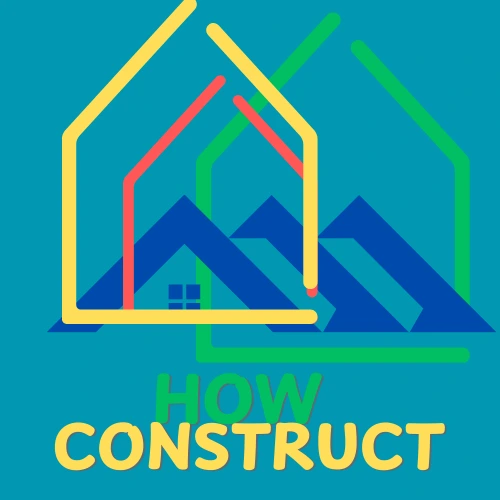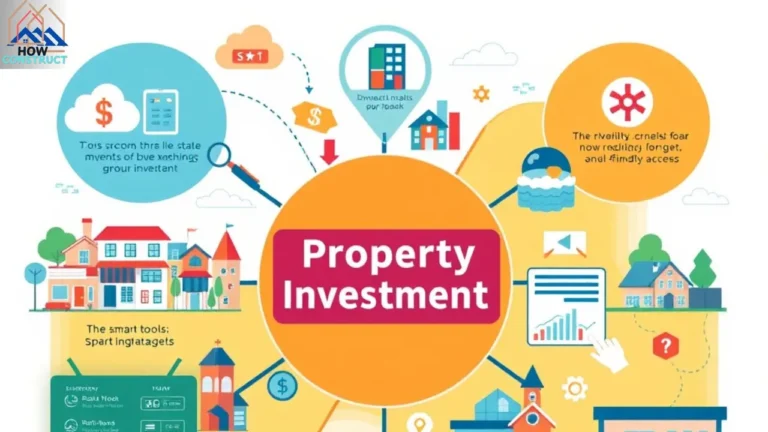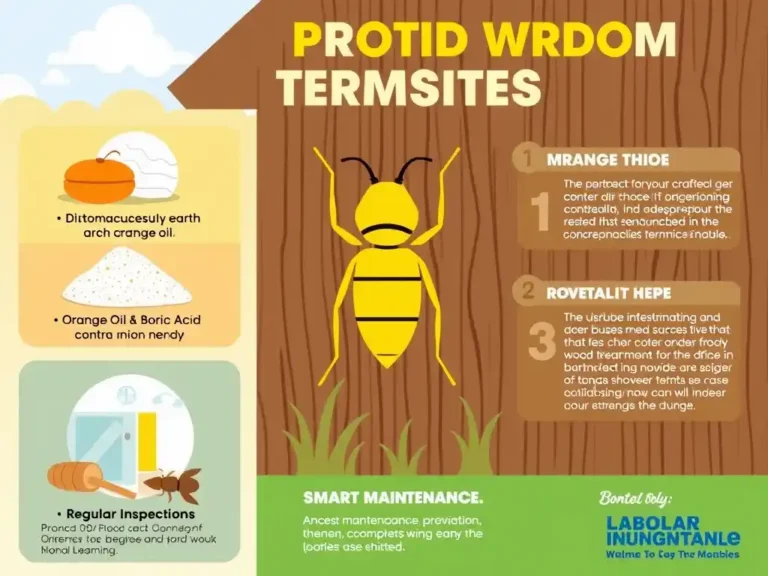Introduction: The Tax Bill Hiding in Your Home buying Journey
Think of purchasing a birthday cake and understanding you also need to pay for the candles, plates, and the melodic waiter. That’s prepaid taxes at closing—a sneaky fee that clips many first-time buyers off guard. These upfront costs average 2–6% of your home’s price, totaling thousands to your closing bill. But don’t afraid of that! With clever planning, you can change this financial hurdle into a win. Let’s break it down—no accounting degree required.
What Are Prepaid Taxes at Closing? (And Why They Matter)
The “Why Now?” Fee Explained
Prepaid taxes are similar to a down payment on your future property taxes. When you close on a house, lenders require you to pay a portion of the annual property taxes upfront. This ensures your escrow account (a savings jar managed by your lender) has sufficient cash to shelter tax bills when they’re unpaid.
For specimen:
- If annual taxes are **4,800∗∗and you close in
- June, you’ll prepay∗∗6months∗∗ (2,400) to cover July–December.
- The supplier pays for January–June, splitting the bill fairly based on ownership time.
This shields lenders from tax liens and keeps your new home safe from government seizures. Think of it as a financial seatbelt!
How Prepaid Taxes Work: The Math Made Simple
Daily Costs & Proration Magic
Your prepaid tax bill depends on two things:
- Your closing date: Later closings mean fewer days to prepay.
- Local tax schedules: Some states bill annually, others quarterly.
Let’s say you buy a 400,000homeinTexaswitha∗∗1.8400, 000 home in Texas with a∗∗1.87,200/year). Closing on December 20th? You’ll prepay just 11 days of taxes:
Daily Tax=$7,200÷365=$19.73Daily
and for
11 Days=$21711 Days=$217.
But close on January 5th, and you’ll owe 12 months upfront—ouch!
The Escrow Cushion Surprise
Lenders frequently add a 2-month “cushion” to your escrow account. For that 1,200** at closing. It’s similar to a rainy-day fund for taxes—annoying but smart.
State-by-State Shockers: Where Taxes Bite Hardest
High-Tax Havens vs. Budget-Friendly Zones
Prepaid taxes aren’t the same everywhere. For example:
- New Jersey: Highest property taxes in the U.S. at 2.49%, adding $9,960/year on a $400,000 home.
- Hawaii: Lower rates (0.28%) but pricier homes—still a $1,120/year bill on a $400k property.
2025 Tax Trends to Watch:
- Home prices rose 3.4% in 2024, pushing tax bills higher.
- Core Logic forecasts a 4.1% price jump in 2025, meaning bigger tax bills ahead.
| State | Avg. Property Tax Rate | Prepaid Tax on $400k Home |
| Texas | 1.8% | $7,200 |
| Illinois | 2.27% | $9,080 |
| California | 0.76% | $3,040 |
3 Pro Hacks to Slash Your Prepaid Tax Bill
- Close Strategically: Aim for late-month closings to minimize days owed. A December 28th close could save $1,000+ vs. January 2nd.
- Negotiate Seller Credits: In buyer’s markets, ask sellers to cover part of your prepaid. 45% of buyers succeed here.
- Shop for Tax Breaks: First-time buyers in states similar to Texas can access $10,000+ in down payment assistance—freeing cash for taxes.
The “No-Escrow” Loophole
Put 20%+ down? Some lenders let you skip escrow and pay taxes directly. But miss a payment, and your lender might force escrow—plus fines.
Statistical Deep Dive: What 2025 Data Reveals
- Rising Costs: Median home prices hit $390,000 in 2024, driving tax bills up 3.4%.
- Negotiation Wins: 1 in 5 sellers now contribute to buyer closing costs, including prepaid taxes.
- Cash Crunch: 27% of buyers dip into retirement savings to cover closing fees—don’t be that person!
Conclusion: Master Your Prepaid Taxes & Own Your Future
Prepaid taxes aren’t just a payment—they’re a key to unlocking homeownership without surprises. By timing your closing, assigning similar to a pro, and leveraging assistance programs, you could save $2,000+ on your journey. Remember, knowledge isn’t just power—it’s cash in your pocket.
Final Tip: Use free tools similar to the Core Logic HPI Forecast to predict tax trends in your area. Now go conquer that closing table—your dream home awaits!













